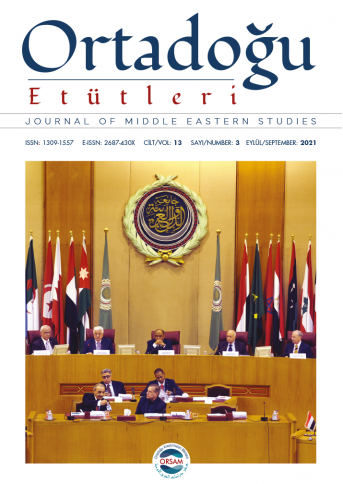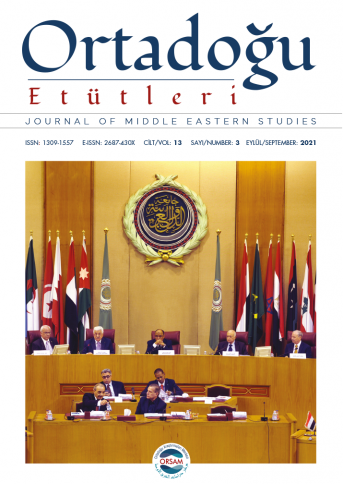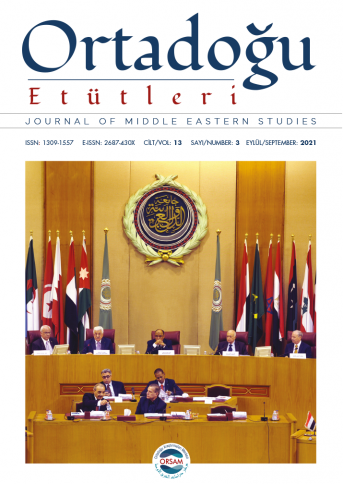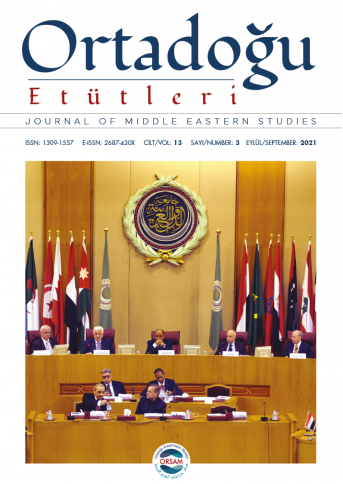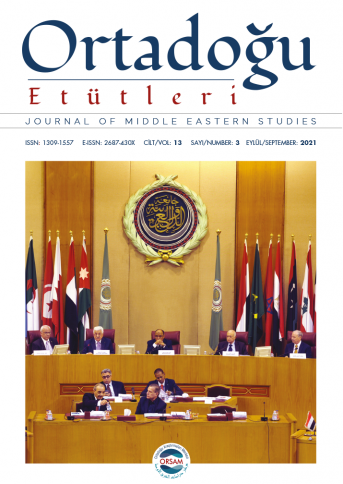
Limits Of Tolerance: Legal Relations Between Early Ottoman Jews And Central Authorities (15th-18th Centuries) 447 Limits of Tolerance: Legal Relations Between Early Ottoman Jews and Central Authorities (15th-18th Centuries)
Many years ago, before having been expelled from Europe, thousands of Jews who were subjected to oppression and persecution in many parts of the world as well as Jews who were living in Ottoman lands freely migrated in the 15th century to Turkish lands, where they could live in a more tolerant and prosperous environment, thereby obtaining a significant place within the non-Muslim population. The empire consisting of several communities tried to hold the empire together with the millet system. In other words, keeping the millet-i hakime (dominating nation) of Muslims separate from non-Muslims was the main objective. There were some regulations and rules that distinguished these communities from each other in the social sphere and daily life. Jews were also included in these restrictions. It is quite difficult to pinpoint the legal rights granted, and the level of tolerance shown to Jews, but this study based upon imperial council books (muhimme books) provides an opportunity to make a general evaluation on legal rights and freedoms of the subjects of Jewish origin. The most important regulation that draws attention in the books is about clothing. Yet, the central administration also regulated residential/religious settlements and cemeteries through imperial orders. It was observed in the books that the Jews were not allowed into certain administrative positions and were prevented from owning slaves. However, these regulations were not derogatory, nor part of an oppressive and persecutory settlement policy or any trade restrictions like those in Europe. Jewish people even played an active role in some economic activities. Based on the clauses (in Turkish hüküm) in the books, it can be said that the main goal of the central administration was to prevent the Jews from acting like Muslims, and this was not a situation specific to Jews only. This study attempts to discuss the legal relations between the Jews and the central government by analyzing the Ottoman attitude toward the Jews and making a comparison with Western countries, examining and exploring the underlying reasons behind the systematic and detailed practices, and draw attention to the question of why the state did not introduce formal restrictions and severe regulations until the 16th century. Finally, one of the discussions is to what extent the practices were Islamic, in other words, whether they were religious or customary.

